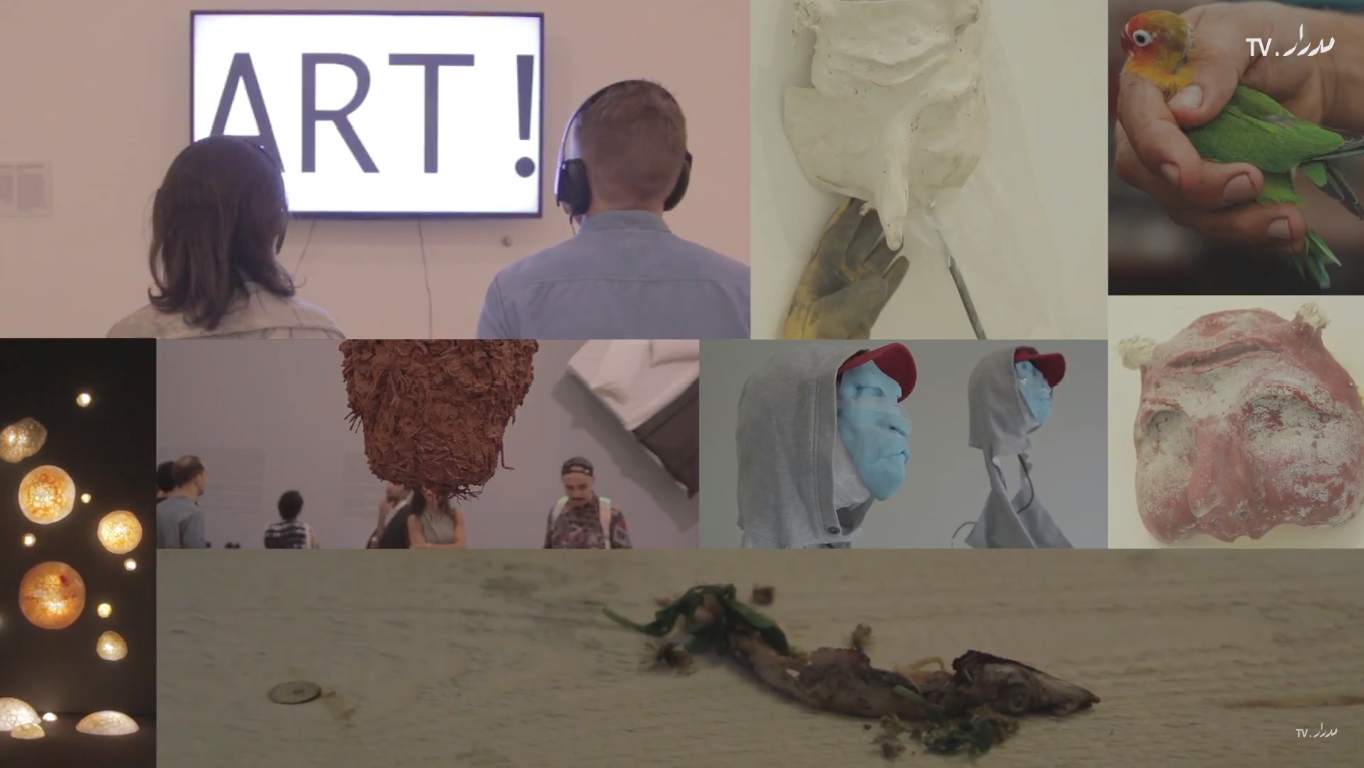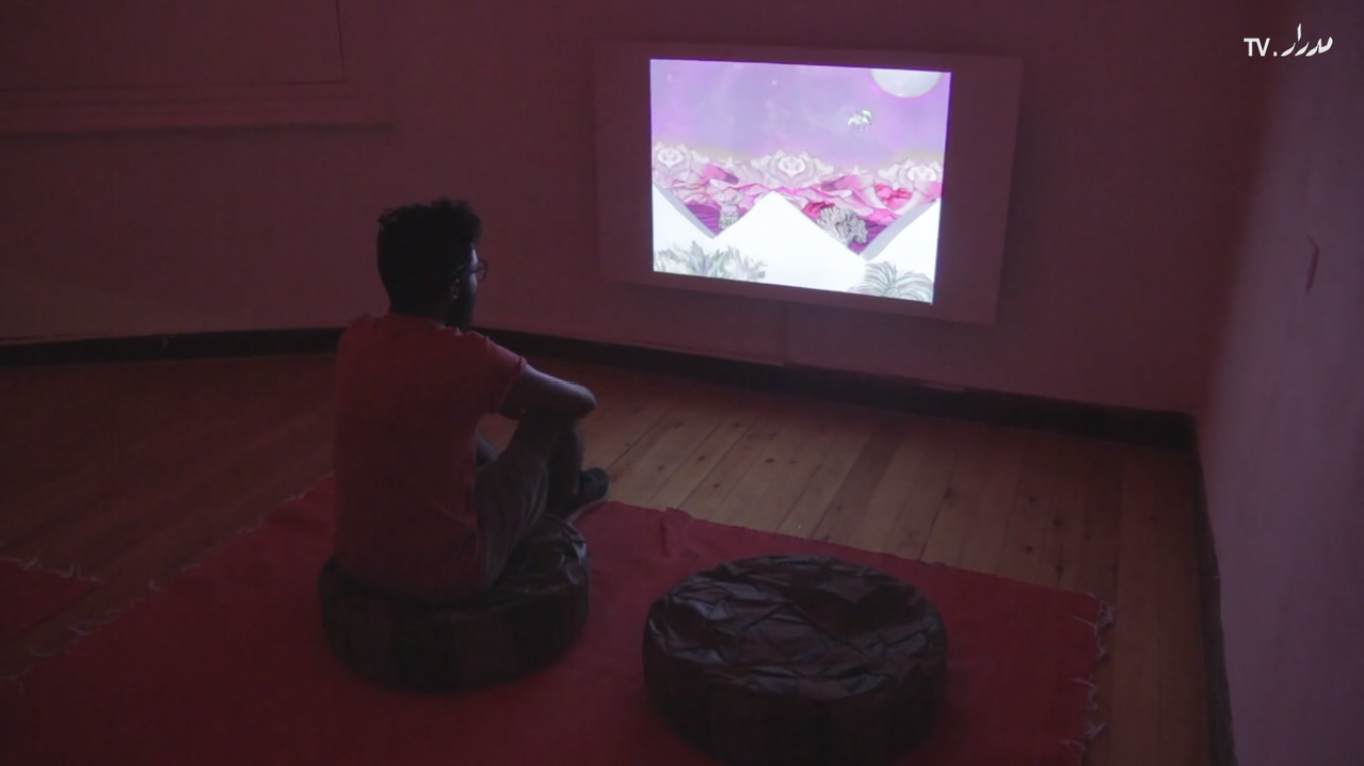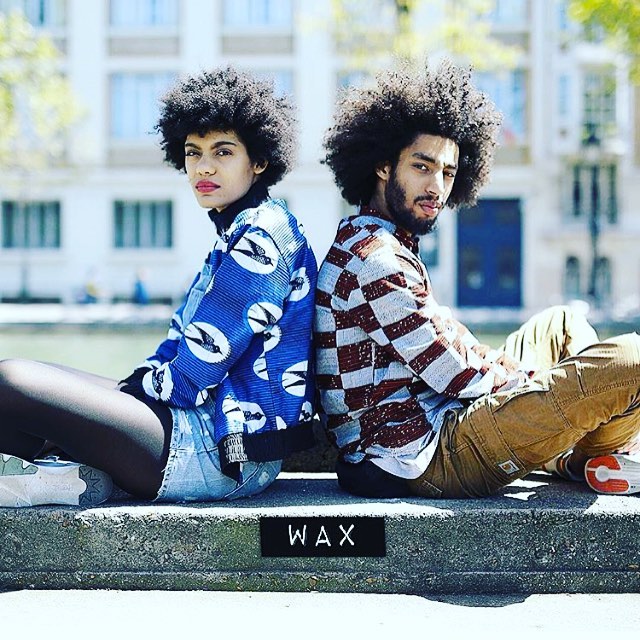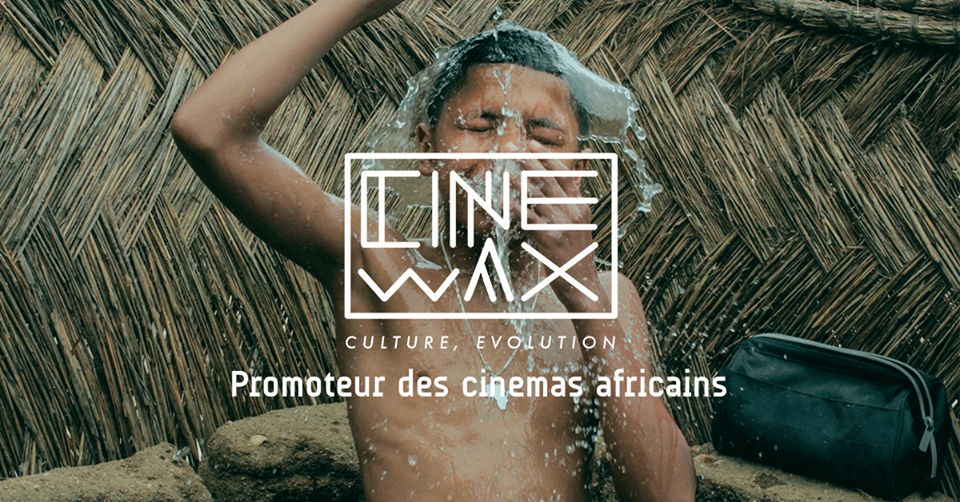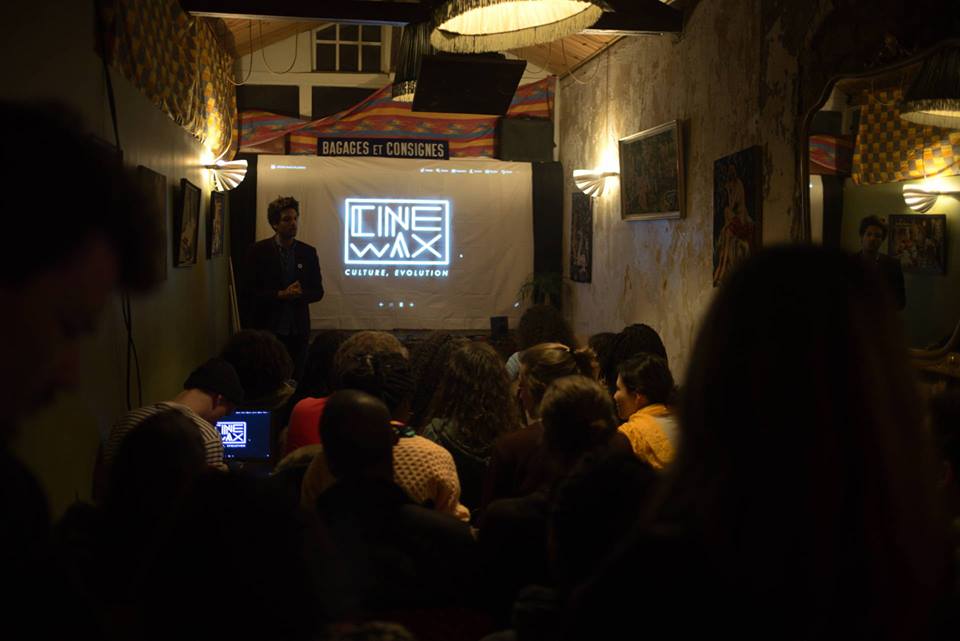A series of summer workshops held at the faculty of Art Education at Helwan University in Egypt set in motion the coming together of art practitioners Dia Hamed and Mohamed Allam. Their collective effort was directed towards creating spaces and opportunities to show their work. This led to the founding of their non-profit independent organisation and gallery, Medrar for Contemporary Art aims to develop the art industry in Cairo by encouraging collaborations between artists locally and internationally. This is directed by the idea to build a form of collective intelligence that allows artists to have creative conversations and gain exposure to the art world. When asked about the importance of joint efforts in producing work, Dia explained that the arts scene in Cairo has been “…infused with individualistic approaches to creation, probably due to skill-based education systems. So we always try to organically encourage emerging artists to seek peers or mutual interests among local artists and others from abroad. Our educational programmes are always implying lateral methods of exchange.”
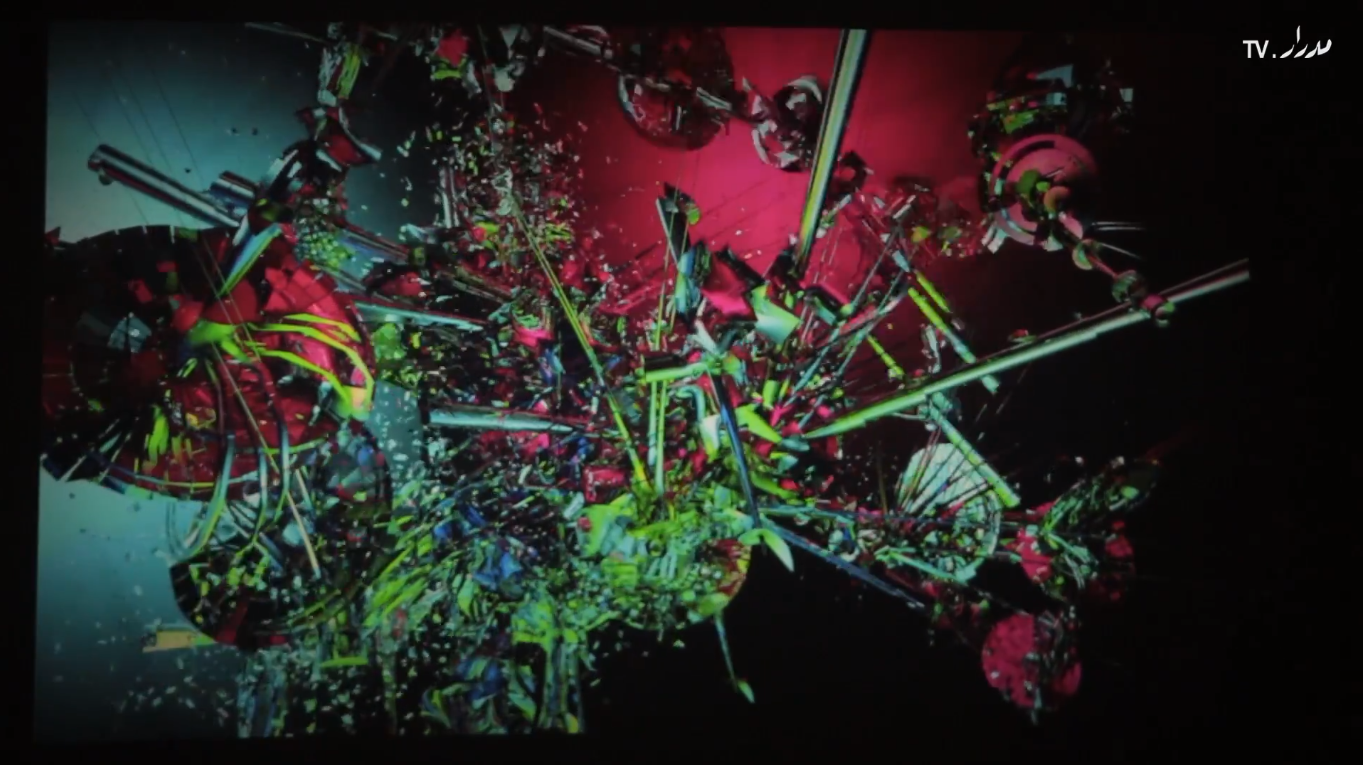
Expanding on their interest in documenting their own practice and its surroundings, Medrar started producing content for the web, aspiring to construct a full archive of artistic footage accessible online for researchers and educators. In February 2012 they began to broadcast their web-based channel Medrar TV. Reflecting on the role that documentation through video plays in audience engagement and preserving art, Dia explains that “video documentation enables [a] local audience to search back [to] what they might have missed [exhibitions and other events] and even have a closer insight on the artist himself, and reviews by others. In addition, video documentation gives access to a wide range of audiences that are distant from the events. We also perceive it as an act of conversation for the history of contemporary practices in the region that might get lost or badly archived by the practitioners themselves. Medrar TV also helps promote and highlight certain initiatives and movements locally and abroad by having all the content translated to…the English language.”
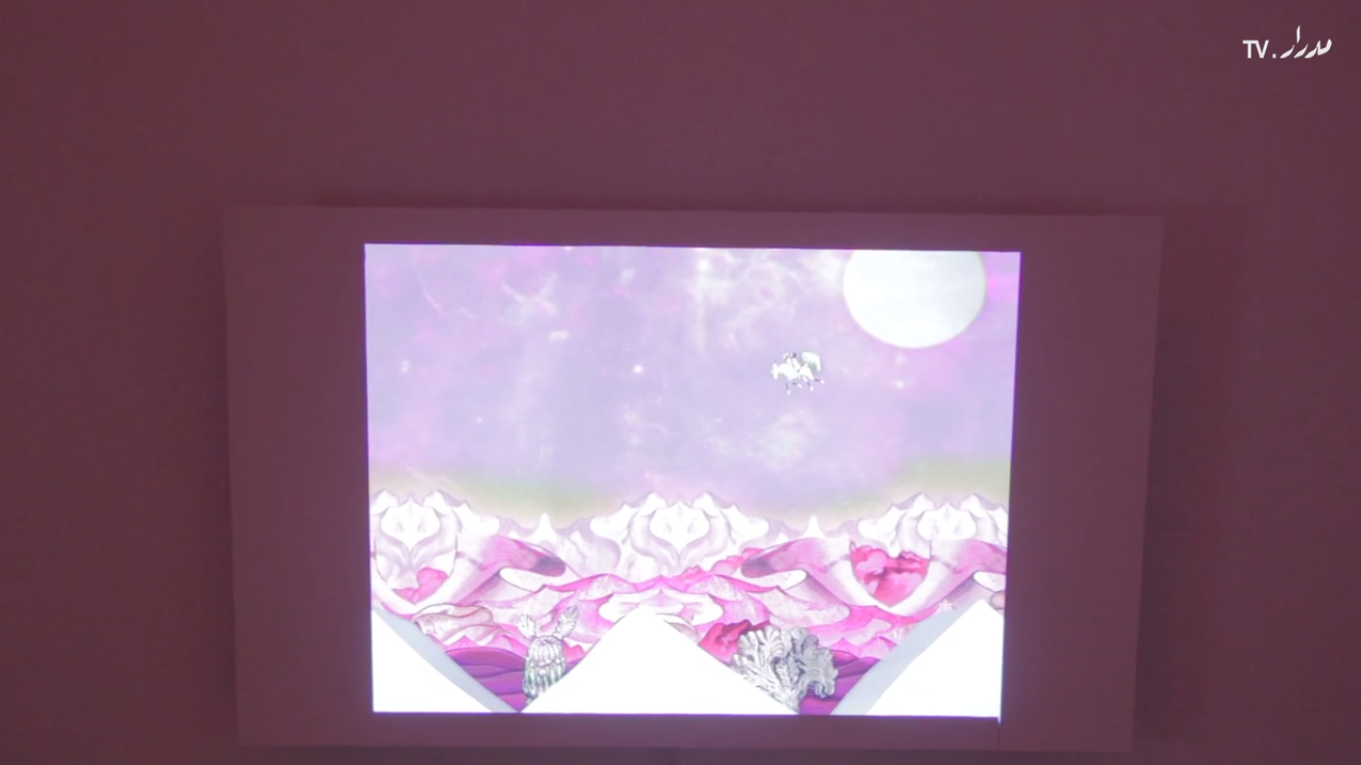
Located in the quiet living neighbourhood Garden City, the Medrar gallery is the headquarters for the organisational teams working on various projects. With networking and exhibiting new artists being at the core of Medrar’s growth objectives, the organisation curates workshops, festivals and events. Most notably the Open Lab Egypt project which aims to promote the exploratory fusion of digital and electronic technologies to creative artwork that is diverse in form. Additionally, Medrar hosts the Cairo Video Festival: Video Art & Experimental films. A ten day festival that brings video-artists, curators and the public together to enjoy the screening of video art productions, artist talks and discussions about new media production.
Medrar for Contemporary Art facilitates the creation of original and exciting new artwork through collaboration. It encourages experimental and interdisciplinary co-operation in order to push the contemporary art movement in Egypt forward. Making it more accessible to a worldwide audience. To learn more about these events follow Medrar for Contemporary Art on Facebook and watch Medrar TV here.
